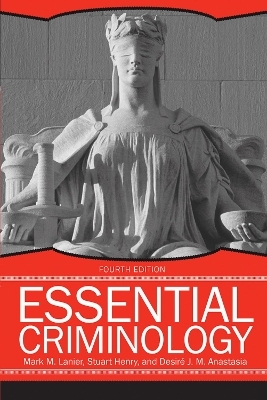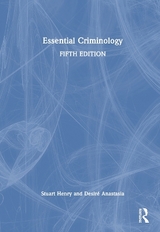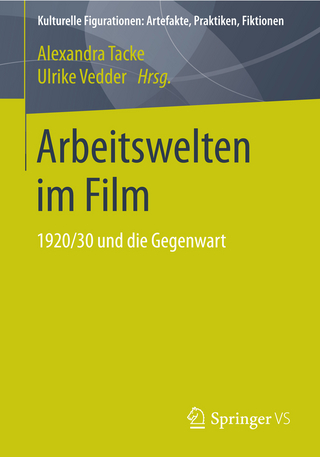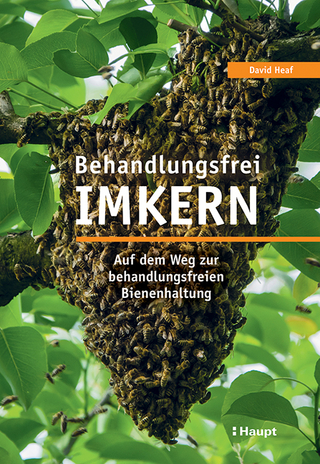
Essential Criminology
Routledge (Verlag)
978-0-367-09789-9 (ISBN)
Mark M Lanier
List of Tables and Figures Preface and Acknowledgments 1 What Is Criminology? The Study of Crime, Criminals, and Victims in a Global Context Globalization What is Criminology? What is Victimology? Summary and Conclusion Discussion Questions 2 What is Crime? Defining the Problem Legal Definition Consensus and Conflict Approaches Hagan's Pyramid of Crime Crime Prism Application of the Prism to the Problem of School Violence Crimes of the Powerless Crimes of the Powerful Summary and Conclusion Discussion Questions 3 Classical, Neoclassical, and Rational Choice Theories The Preclassical Era The Classical Reaction Neoclassical Revisions Criminal Justice Implications: The Move to "Justice" Theory Redefining Rational Choice: Situational Factors and Routine Activities Theory Conceptual and Empirical Limitations: What the Research Shows Summary and Conclusion Summary Chart: Classical, Rational Choice and Routine Activities Theories Discussion Questions 4 "Born to Be Bad": Biological, Physiological and Biosocial Theories of Crime Biological and Positivistic Assumptions The Born Criminal Early U.S. Family-Type and Body-Type Theories Contemporary Biological Perspectives Biosocial Criminology: A Developmental Explanation of Crime Conceptual and Empirical Limitations Criminal Justice Policy Implications Summary and Conclusion Summary Chart: Biological Theory Discussion Questions 5 Criminal Minds: Psychiatric and Psychological Explanations for Crime From Sick Minds to Abnormal Behavior Shared Psychological Assumptions The Psychoanalytic Approach Trait-Based Personality Theories Behavioral, Situational, and Social Learning and Modeling Theories Cognitive Theories Ecological Psychology Evolutionary Psychology Summary and Conclusion Summary Chart: Psychological Theories of Crime Discussion Questions 6 Learning Criminal Behavior: Social Process Theories Common Themes and Different Assumptions Sutherland's Differential Association Theory Cognitive Social Learning Neutralization Theory:
| Erscheinungsdatum | 08.07.2019 |
|---|---|
| Verlagsort | London |
| Sprache | englisch |
| Maße | 152 x 229 mm |
| Gewicht | 725 g |
| Themenwelt | Sozialwissenschaften ► Soziologie |
| ISBN-10 | 0-367-09789-3 / 0367097893 |
| ISBN-13 | 978-0-367-09789-9 / 9780367097899 |
| Zustand | Neuware |
| Informationen gemäß Produktsicherheitsverordnung (GPSR) | |
| Haben Sie eine Frage zum Produkt? |
aus dem Bereich



